 |
Matplotlib for beginners II - A brief Severo Ochoa training school Place: On line Summary: In this course, I will introduce you to Matplotlib, a library for creating visualizations in Python. You will learn how to create, customize and save scientific plots. We will do several exercises to learn how to make Matplotlib fully meet our scientific needs, producing ready-to-be-published plots. We will connect via Zoom. During the first part of the course, we will do the exercises together following a Google Colaboratory notebook that will be shared in advance. During the second half, participants will work in small groups and will share their work with the whole audience. The workshop will be tutorized by Ana Karla Díaz Rodríguez (UK ALMA Regional Centre Node, Jodrell Bank Centre for Astrophysics, The University of Manchester). It will have a duration of three hours. In order to follow the sessions it will be necessary to have a Google account (to be able to run* the Google Colaboratory notebook). Lectures will be scheduled at 10:00 - 10:45, 11:00 - 11:45, and 12:00 - 12:45 * Without a Google account, you will be able to see the notebook with the exercises but won't be able to execute the code on it or write your own code. Date: 15th June 2022 URL: |
|||
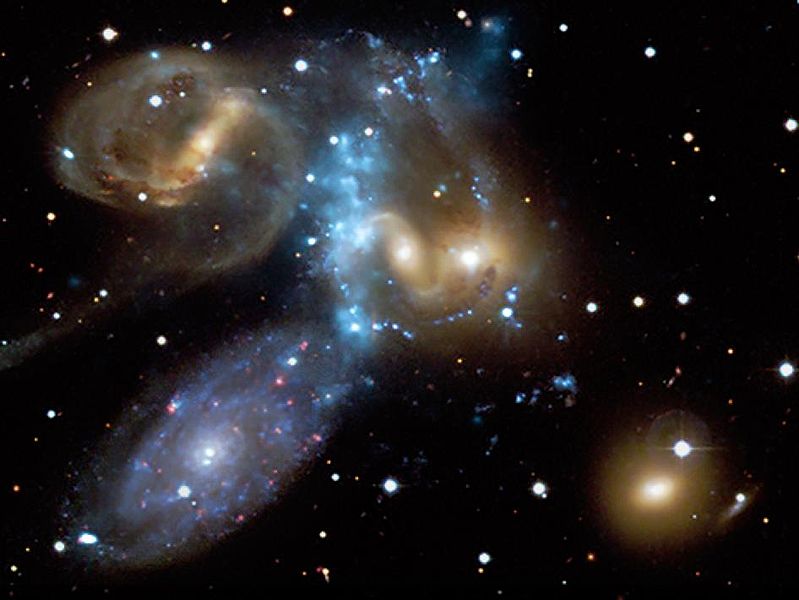 |
IAA-CSIC Severo Ochoa Advanced School on Galaxy Evolution Place: IAA-CSIC Summary: The IAA-CSIC Severo Ochoa Advanced School on Galaxy Evolution is directed at researchers of all levels who have a special interest in relevant aspects of the formation and evolution of galaxies. Date: 23rd to 27th of May 2022 URL: https://www.granadacongresos.com/galevol |
|||
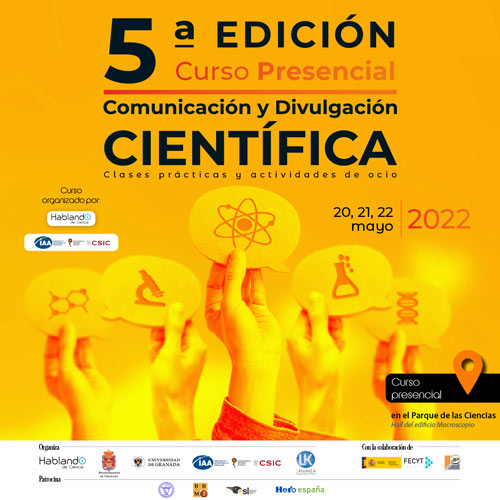 |
COURSE ON DISSEMINATION TECHNIQUES. RECREATIONAL AND TRAINING DAYS "Practical classes and leisure activities". Place: Parque de las Ciencias Summary: As every year, we welcome Desgranando Ciencia with a new edition of the Course of popularization techniques. In the fifth celebration of these training sessions we emphasize the creation and production of science-themed events and activities. What's new in this new edition? We will tour Granada through practical classes and leisure activities. We will learn how science museums work, how to set up exhibitions, biochemistry and all the science behind beer, the mathematics hidden in the city of Granada or theater improvisation techniques to improve communication skills in an auditorium. Course organized by Hablando de Ciencia and the Instituto de Astrofísica de Andalucía CSIC. Date: 20th to 22nd of May 2022 URL: https://granada.hablandodeciencia.com/curso/ |
|||
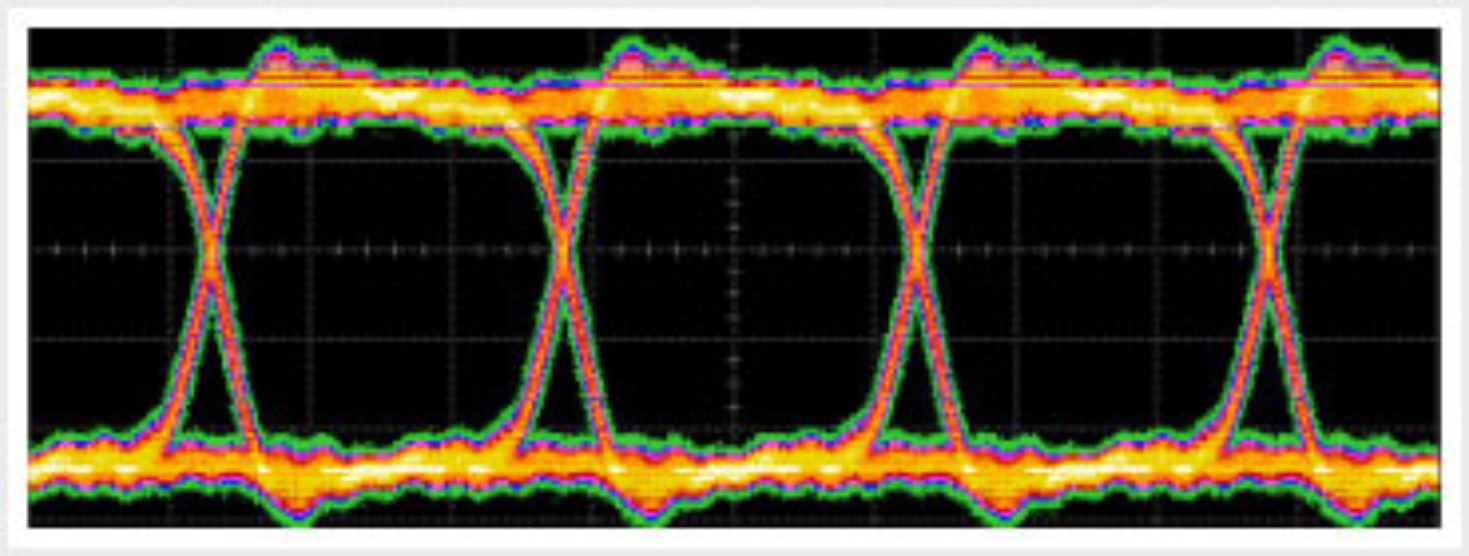 |
SO Instrumentation School VIII. "Signal Integrity and Electromagnetic Compatibility in Electronic Devices" Place: IAA-CSIC Summary: The development of high-performance digital systems is a frequent and growing need. The objective of this course is to train the engineer to successfully approach the design of current digital systems, characterized by high-speed serial links and buses. In addition, the design of electronic products requires knowledge of the EMC regulations, the role played by the certification laboratories and the applicable design techniques (protections against conducted EMI, routing of PCBs aimed at improving behavior in both radiated and conducted interferences, calculation of shields / screens, proper use of wiring, SW techniques to improve fault tolerance, etc.). Lessons will take place every day between 9:00 to 18:00 at the IAA-CSIC Assembly Room. Due to the limited number of students, registration will be closed on March 30th. Date: 4th to 8th of April 2022 URL: https://forms.gle/jzi3B6QTakBaVX8X6 |
|||
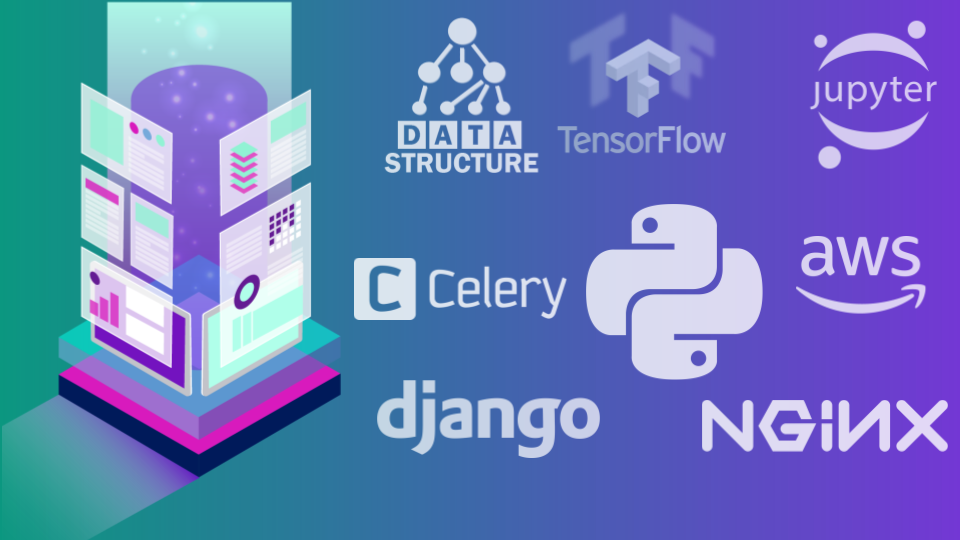 |
PySnacks for beginners Place: On line Summary: the IAA Severo Ochoa Training Initiative would like to announce a new series of workshops on the use of Python packages for astrophysics/space science: ”PySnacks”. Our first four lessons will be dedicated to fundamental packages (Pandas, Astropy, Astroquery) in combination with the Gaia and Pa-STARRS datasets (see https://datacarpentry.org/astronomy-python/). They will be imparted by Laura Darriba and Javier Moldón from the IAA: Session 1 1. Basic queries 2. Coordinate Transformations Session 2 3. Plotting and Tabular Data 4. Plotting and Pandas 5. Transform and Select Session 3 6. Join 7. Photometry Session 4 8. Visualization Dates: 22, 25, 29 March and 1 April 2022 Time: 10-13h (CET) Date: 21st of March to 1st of April 2022 URL: https://forms.gle/3XsuaJYgT9eHC4ZS8 |
|||
 |
English for Academic Purposes Place: IAA-CSIC Summary: This workshop is offered in collaboration with the University of Leipzig, Germany, and will be imparted by Mrs. Mary Waltie. In a total of 10 sessions, key aspects of the use of English for academic purposes will be highlighted and correct usage encouraged. Participants will comprehensively expand their competence in the academic use of English. The course will cover the following topics: • Common Errors in Academic English Fundamental knowledge of the English language as well as high motivation of the participants is a requirement because the course will be interactive. In case of over-subscription, interviews may be conducted with applicants to assess their level of English as a criterion for eligibility. Date: 14th to 18th of March 2022 URL: https://forms.gle/89h5FYQqCsazga8n6 |
|||
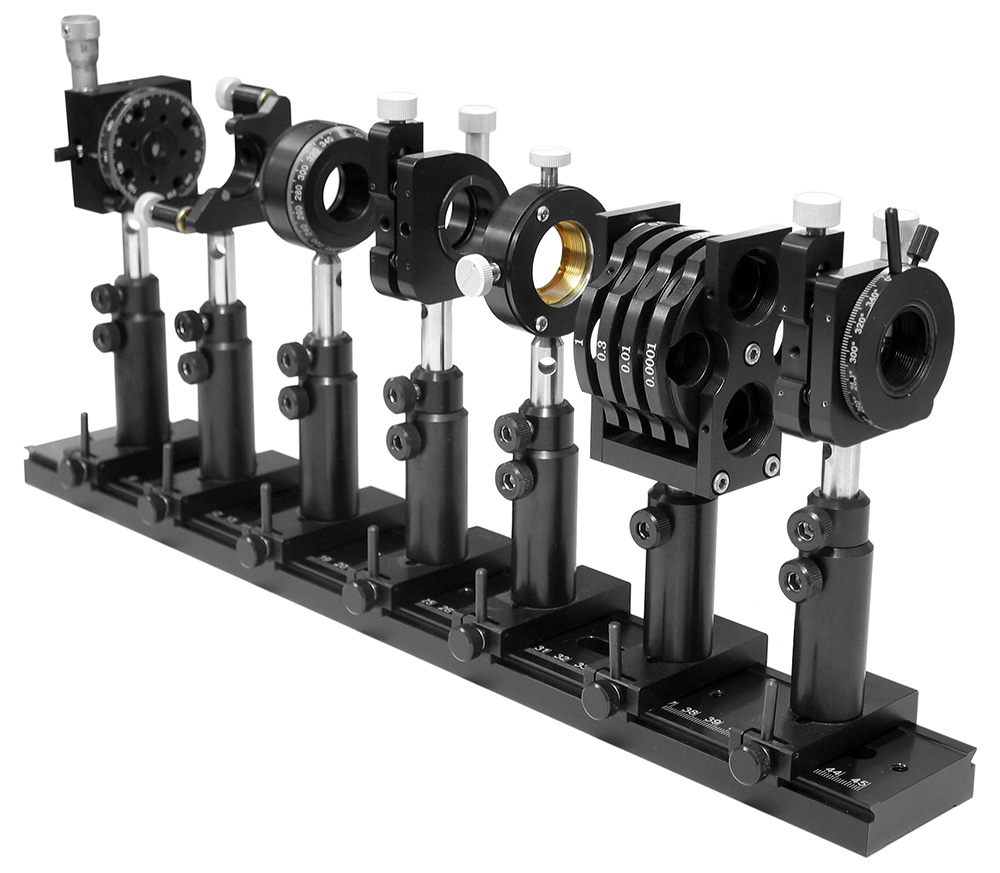 |
SO Instrumentation School IX: "Opto-mechanical systems and mechanical design of IR instrumentation" Place: On line Summary: This course has been designed to provide the necessary concepts to tackle an opto-mecanichal project. The theoretical fundamentals, the appropiate design strategies and the manufacturing, assembly and testing aspects are also illustrated with several study cases of real systems, explained in detail from beginning to end. A specific module dedicated to infrared instrumentation will be imparted, in which the cryogenics and vacuum technology play a significant role. The course will be given by Manuel Maldonado who is the head of Fractal's Mechanical Engineering area. He has been working for seven years in the GRANTECAN instrumentation group, where he was in charge of the mechanigal design, integration and testing of instruments for the GTC telescope. In 2008 he joined Fractal, where he is responsible of the mechanical and opto-mechanical designs and integration tasks. Date: 7th to 18th of February 2022 URL: https://forms.gle/xHpqp7h8uosWeitd6 |
|||
 |
SO Instrumentation School VII. "Metrology with PC-DMIS on a portable Romer Absolute Arms" Place: IAA-CSIC Summary: The objectives of this course are explaining the basic guidelines for the use and handling of a measuring arm as well as getting competences in the basics of hadling the Arm with PC-DMIS. Lessons will take place from January 17th - 21st 2022. Date: 17th to 21st of January 2022 URL: https://forms.gle/tTwNDBXBEb3WSD1L7 |
|||
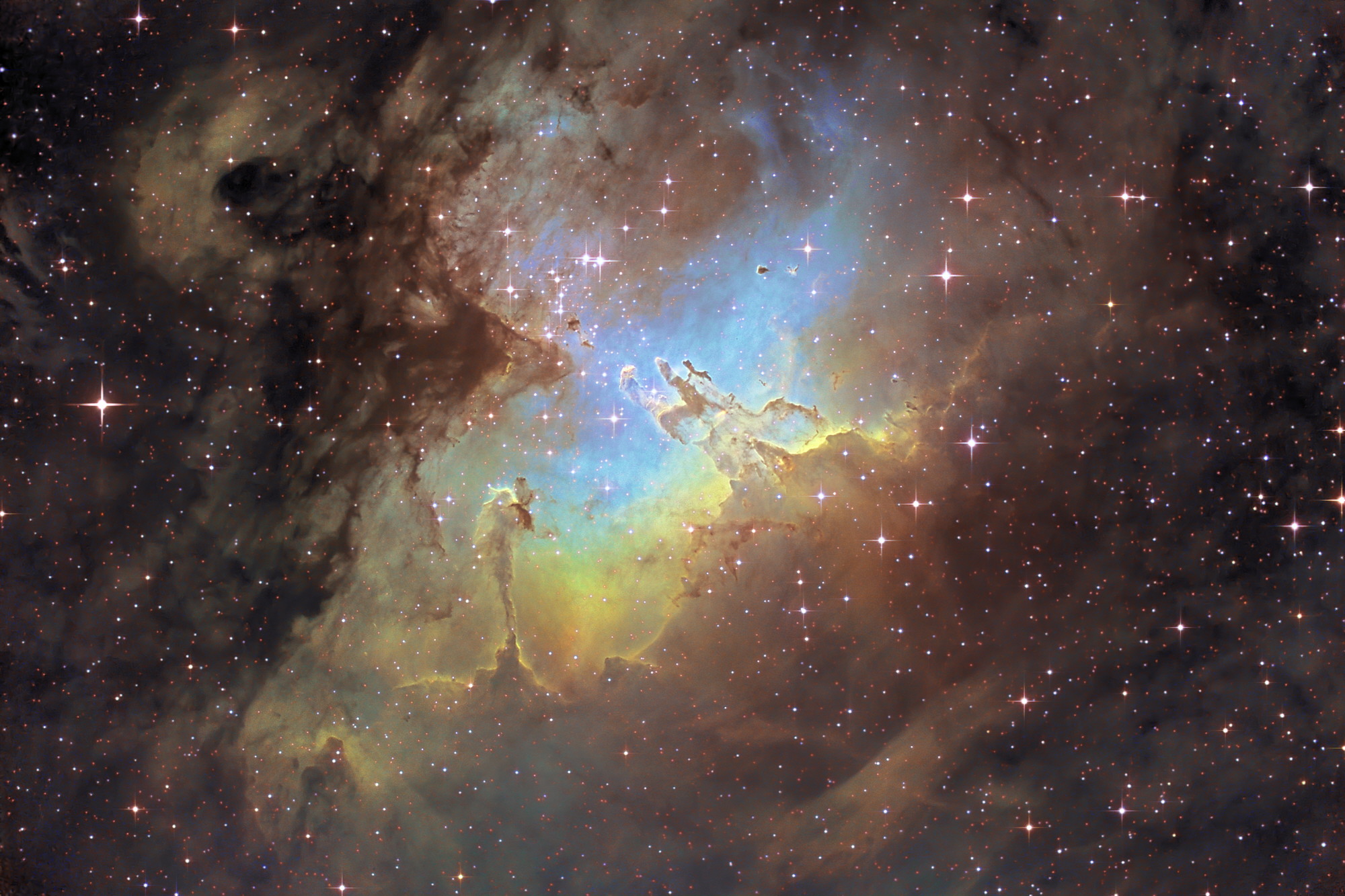 |
2nd IAA-CSIC Severo Ochoa School on Statistics, Data Mining, and Machine Learning Place: IAA-CSIC Summary: The 2nd IAA-CSIC Severo Ochoa School on Statistics, Data Mining and Machine Learning will be held in Granada, from Monday, November 29th, to Friday, December 3rd, 2021. This school will have a strong hands-on aspect and the participants will repeat and apply the learned lessons in practical exercises. The character of the lessons will be introductory, but the school will be directed towards researchers of all levels. Basic familiarity with Python and tools such as Jupyter Notebooks is strongly recommended. The tutors of the school will be Zeljko Ivezic (University of Washington, USA), Gwendolyn Eadie (University of Toronto, Canada), Daniela Huppenkothen (SRON Netherlands Institute for Space Research) and Abigail Stevens (Michigan State University/U. Michigan). Date: 29th of November to 3rd of December 2021 URL: https://www.granadacongresos.com/sostat2021 |
|||
 |
SO Instrumentation School: VI. A practical introduction to Project Management and Earn Value Management for scientists, engineers and new project managers Place: On line Summary: This course will consist on a first part devoted to give a general overview of Project Management oriented to scientific instrumentation projects. It will review the management activities in the different phases of this kind of projects. The second part will de dedicated to EVM (Earn Value Management) which is a project management technique for measuring project performance and progress. It has the ability to combine measurements of the main project management objectives: scope, time and costs. Course given by: Mark Warner is a professionally-licensed engineer and a certified project management professional. He has been in the engineering world for more than 35 years. For the majority of time he has been a manager of projects. He has experience in large/complex/multi-year projects in the following fields:
Currently he is the project manager of the Daniel K. Inouye solar Telescope (DKIST) project
Date: 29th of November to 3rd of December 2021 URL: https://forms.gle/gjym896Li2Dsy4QVA |
|||
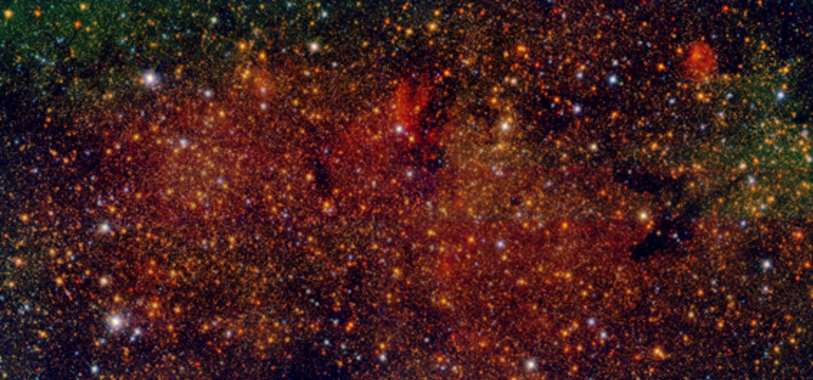 |
IAA Severo Ochoa Advanced School on Star Formation Place: IAA-CSIC Summary: The IAA-CSIC Severo Ochoa Advanced School on Star Formation will be held in Granada, from Monday, November 15th, to Friday, November 19th, 2021. This school is directed at researchers of all levels who have a special interest in star formation. This school will include an overview of basic concepts, but aims to go beyond textbook knowledge by providing insight into the current frontiers of research in this thematic area and will have a strongly interactive aspect with ample room for questions and discussions. Lectures will be short 'flash lectures’, no longer than 30 min, followed by questions and discussions. The participants will contribute to shaping the concluding discussions at the end of each day. Date: 15th to 19th of November 2021 URL: https://www.granadacongresos.com/starform |
|||
 |
SO Instrumentation School: V. Project management in the 3DExperience environment, including document and requirements management. Place: On line Summary: Let break the ice and discover the secret of the 3DEXPERIENCE platform! Our learning path will take you through the basics of the platform so that you can see how to organize and manage projects and collaborate in real-time! This learning path is structured and sequenced with a guided and systematic approach to enable you to effectively perform the activities associated with the basic roles of the 3DEXPERIENCE platform: Collaborative Business Innovator, Collaborative Industry Innovator, Project Planner and Platform Manager. The course is aimet at the IAA-CSIC staff, with a limited number of participants of 12 people. Preference will be given to personnel who have worked or is currently working as project managers or system engineers on instrumental projects of the IAA. The school will take place from November 15th to 19th 2021, from 9:15 to 14:45 and from 16:00 to 18:00. Date: 15th to 19th of November 2021 URL: https://forms.gle/kmTTAj2JiqV73D2x7 |
|||
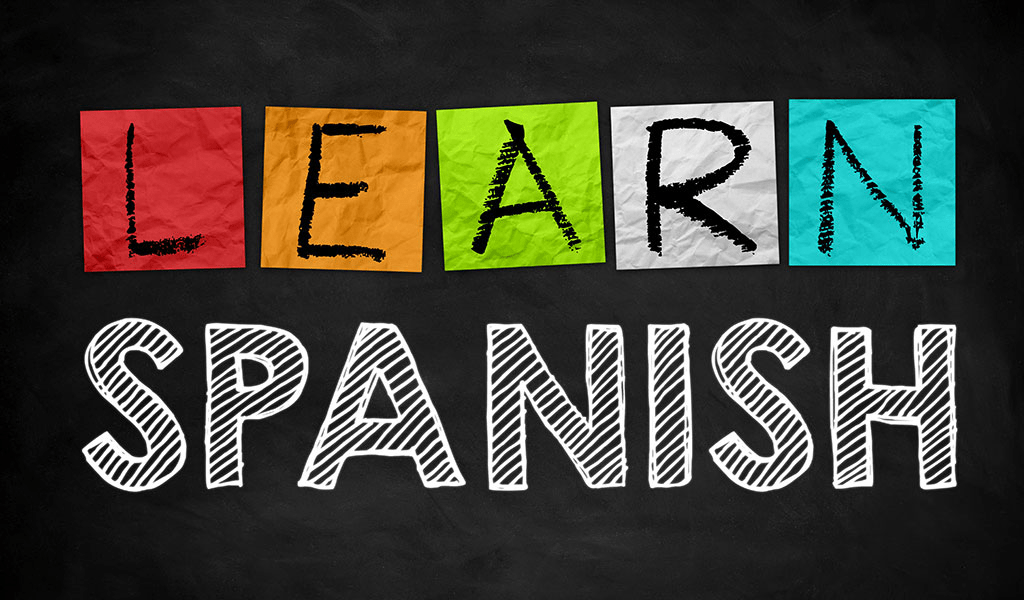 |
Spanish for beginners at the IAA-CSIC Place: IAA-CSIC Summary: This course is addressed to the non-Spanish speakers at the IAA-CSIC. During four months they will learn the basics of Spanish. The course divided into loosely themed units consisting of grammar, vocabulary, and pronunciation lessons; cultural tips; and assorted listening exercises and quizzes along the way. The teacher is Nazira Ruiz López, and the lessons will take place every Tuesday and Thursday between October 21st and February 22nd, from 16:30-18:30 and will be limited to the IAA-CSIC staff. Date: 21st of October to 22nd of February 2022 URL: |
|||
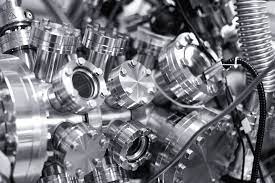 |
SO Instrumentation School: IV. Vacuum Technology Place: IAA-CSIC Summary: The 4th module of the IAA Severo Ochoa Advanced Instrumental School focused on Vacuum Technology (15h) will take place on October 20th-22nd from 9:00 to 14:00 with the following program:
Due to the in-person interactive character of the workshop the number of participants is limited to 20. If you are interested to assist, please register in the link below before October 10th. Date: 20th to 22nd of October 2021 URL: https://forms.gle/Ag46jvhSzGheYJ2H9 |
|||
 |
SO Instrumentation School: III. Beckhoff Motion Control Place: IAA-CSIC Summary: The IAA-SO Technological Pillar organizes a course in 'Beckhoff Motion Control'. Along with an introduction to Beckhoff control systems, this course is mainly oriented to the control of different types of motors. The schedule is from 8:00 to 15:00 every day. The course, with a duration of 32 hours and which will be limited to 10 participants, will run as follows: Day 1. Days 2-4. Date: 20th to 24th of September 2021 URL: https://forms.gle/vyyrVJ5ckXevpvWX9 |
|||
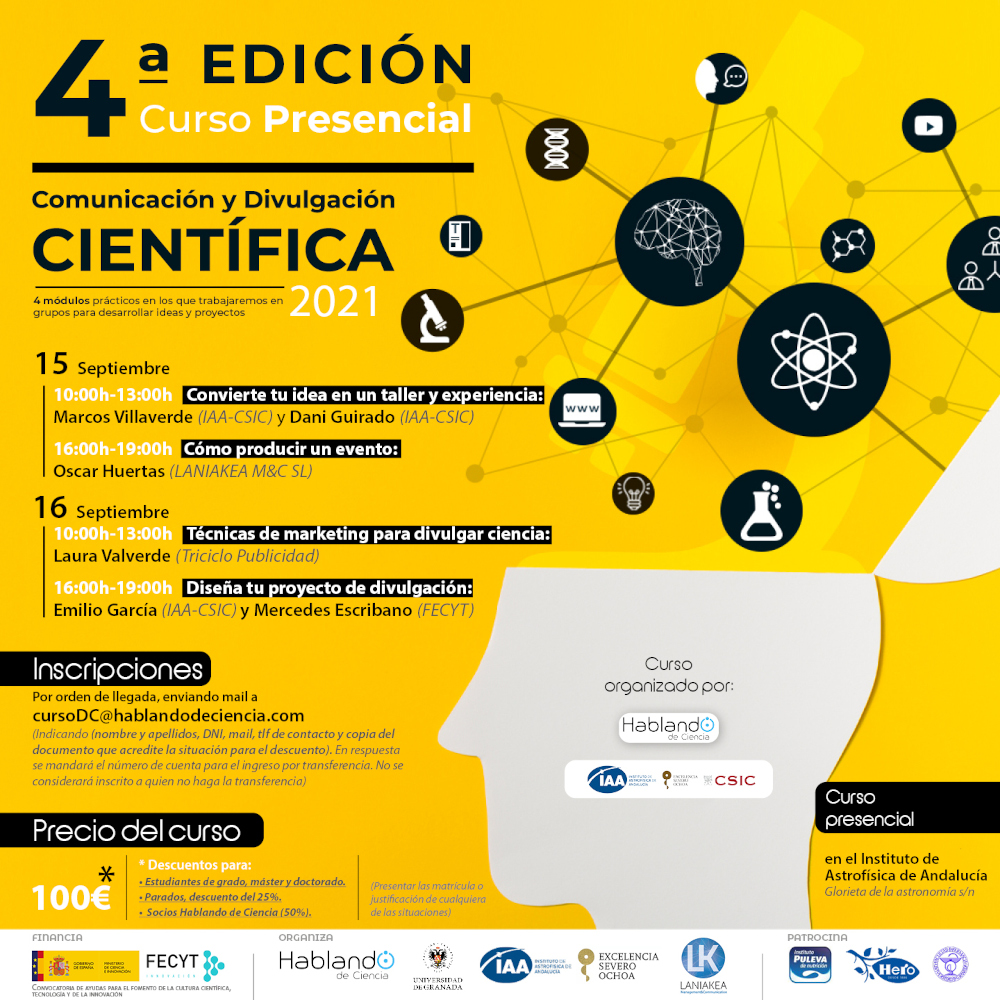 |
IV Course on Scientific Dissemination Techniques Place: IAA-CSIC Summary: The fourth course on scientific dissemination techniques, organized by IAA-CSIC, aims to train science professionals to learn how to communicate their results to a general public. The course will focus on dissemination, communication and dissemination tools. Students will receive techniques to "face" the media, to manage social networks, or to concretize as much as possible an idea in a written text. It will take place at the IAA-CSIC on 2021 September 15th-16th. The course is divided into four modules with an eminently practical character: "Turn your idea into a workshop" by Marcos Villaverde and Daniel Guirado (IAA-CSIC), "How to produce an event? ", by Óscar Huertas (Laniakea M&C S.L.), "Marketing Techniques to popularize Science", with Laura Valverde (Triciclo Publicidad) and "Design your popularization project", with Emilio García (IAA-CSIC) and Mercedes Escribano (FECYT). Date: 15th to 16th of September 2021 URL: https://granada.hablandodeciencia.com/curso/ |
|||
 |
English for Academic Purposes - an online workshop series for young researchers Place: IAA-CSIC, Virtual (zoom or similar) Summary: This workshop is offered in collaboration with the University of Leipzig, Germany. In a total of 5 sessions of 2 lessons each, key aspects of the use of English for academic purposes will be highlighted and correct usage encouraged. Each lesson will have a length of 45 min. For this purpose, both written skills, such as the scientific reporting of results and methods, and oral skills, such as pronunciation, presentation or scientific discussion, are trained. Participants will comprehensively expand their competence in the academic use of English. The course will cover the following topics: For optimal delivery and maximum outcome for participants, we will limit the number of students to 15. Registration is free. Given the limited number of participants we will give preference to PhD students and young researchers. In case you register, please make sure you can attend all sessions so that you do not block someone else’s slot. A solid knowledge of the English language as well as high motivation of the participants is a requirement because the course will be interactive. In case of over-subscription, interviews may be conducted with applicants to assess their level of English as a criterion for eligibility. If deemed a success, we plan to offer future editions of this course (So, please do not worry in case you cannot participate in this round). Date: 21st to 25th of June 2021 URL: https://forms.gle/9wPU1MfNjkLPARFMA |
|||
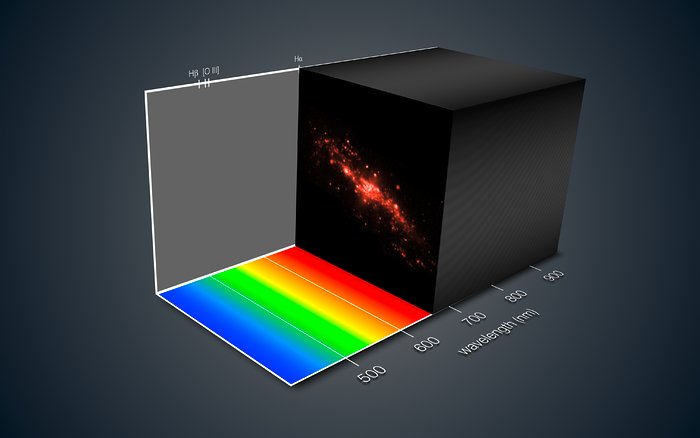 |
An Introduction to IFU Spectroscopy Place: On line Summary: The IAA-CSIC Severo Ochoa Course "An Introduction to IFU Spectroscopy" aims at providing an introduction to the powerful observing technique of Integral Field Spectroscopy (IFS). The topics covered will be This half-day course is primarily directed at graduate and postgraduate students, and young postdocs, but is open to any researchers wishing to learn about the relevant science and techniques. Those interested in attending the school should fill in the form (URL below). The deadline for registration is May 30th, 2021. Registration is free. The tutors of the course are Martin Roth (Leibniz Institute for Astrophysics Potsdam (AIP), Germany), Jorge Iglesias-Páramo (IAA-CSIC, Spain) Carolina Kehrig (IAA-CSIC, Spain, Head of the SOC) Sara Cazzoli (IAA-CSIC, Spain) and Ruben Sanchez-Janssen (STFC UK Astronomy Technology Centre, UK). Lessons will take place between 9:30h and 14:00h. Date: 14th June 2021 URL: https://forms.gle/TeWzd6f5Uta1TMoM8 |
|||
 |
SO instrumentation school: II. Ansys Workbench for Scientific Instrumentation Place: On line Summary: IAA-CSIC's Instrumental and Technological Development Unit (UDIT) has prepared an introductory course to the Ansys Workbench environment. Ansys is one of the most remarkable programs among finite element simulators. Workbench is the most modern and friendly environment to define the boundary conditions for its calculation engine. The course will deal with mechanical and thermal simulations, and will be very complete, from the very basics (Introduction to the interface, preparation of the model, boundary conditions, mesh....) up to concepts applied in rocket launch processes (Natural frequencies of vibration, random uploads and PSD. Upon completion, you will have all the tools and knowledge necessary to face any simulation. Lessons will be held every Monday, Tuesday and Thursday from June 10th to July 1st, from 9:30 to 13:30. This school will be tutorized by Dr. Jesús Mínguez Algarra We are waiting for you!! Date: 10th of June to 1st of July 2021 URL: https://forms.gle/p7cwZjndRqftKcf39 |
|||
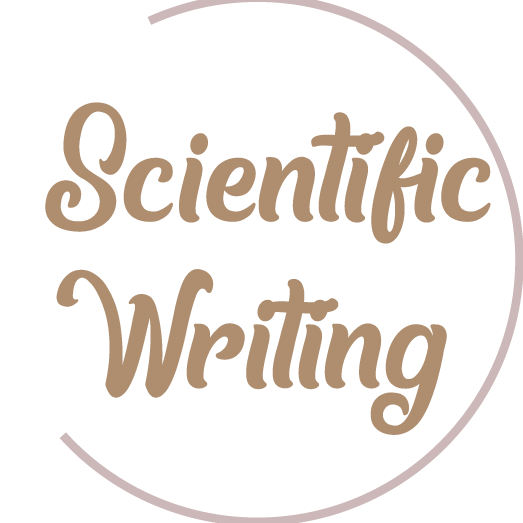 |
Scientific writing and presentation in astronomy Place: On line Summary: The lecturers will impart lessons on clear, concise and effective scientific writing and presentation. There will be theoretical and practical sessions. The number of participants will in principle be limited to 15 in order to assure adequate interaction and individualised attention. Inscription will be handled on a first come, first serve basis. This school will be tutorized by Dr. Rainer Schödel and Dr. Miguel Ángel Pérez Torres. Date: 9th to 10th of June 2021 URL: https://forms.gle/c1BbvV4qTu8ucAxPA |
|||
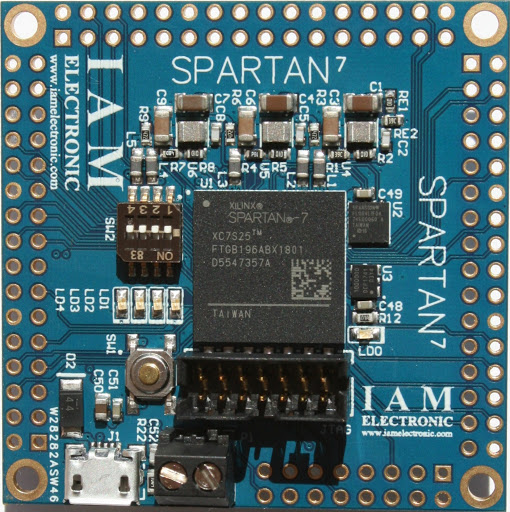 |
SO instrumentation school: I. High level sinthesys for Xilinx FPGAs using Vivado HLS Place: IAA-CSIC Summary: Introduction to high level sintesis tool Vivado HLS. This course shows sinthesis strategies, tool features, performance improvement, area optimization, interface creation, latency reduction testbench encoding, tricks and coding advices. It is updated to cover new tool features, and Vitis and Vivado HLx integration. The course will be limited to 15 participants. Prerequisite: Vivado 2020.2 installed (Webpack version is enough) Please, note that in this course we will use Zybo and ZyboZ-20 development board (they will be provided for the organization). It is necessary to install Vivado HLS v2020.2. To install the program, please go to: https://www.xilinx.com/support/download.html You have to register on the webpage to be able to access the download area. If your organization does not have license for Vivado 2020.2, please download the webpack version for your OS and select "Vitis" in the installation options. You're done! Date: 28th to 30th of April 2021 URL: https://forms.gle/FgMLANsyVD6zqSTPA |
|||
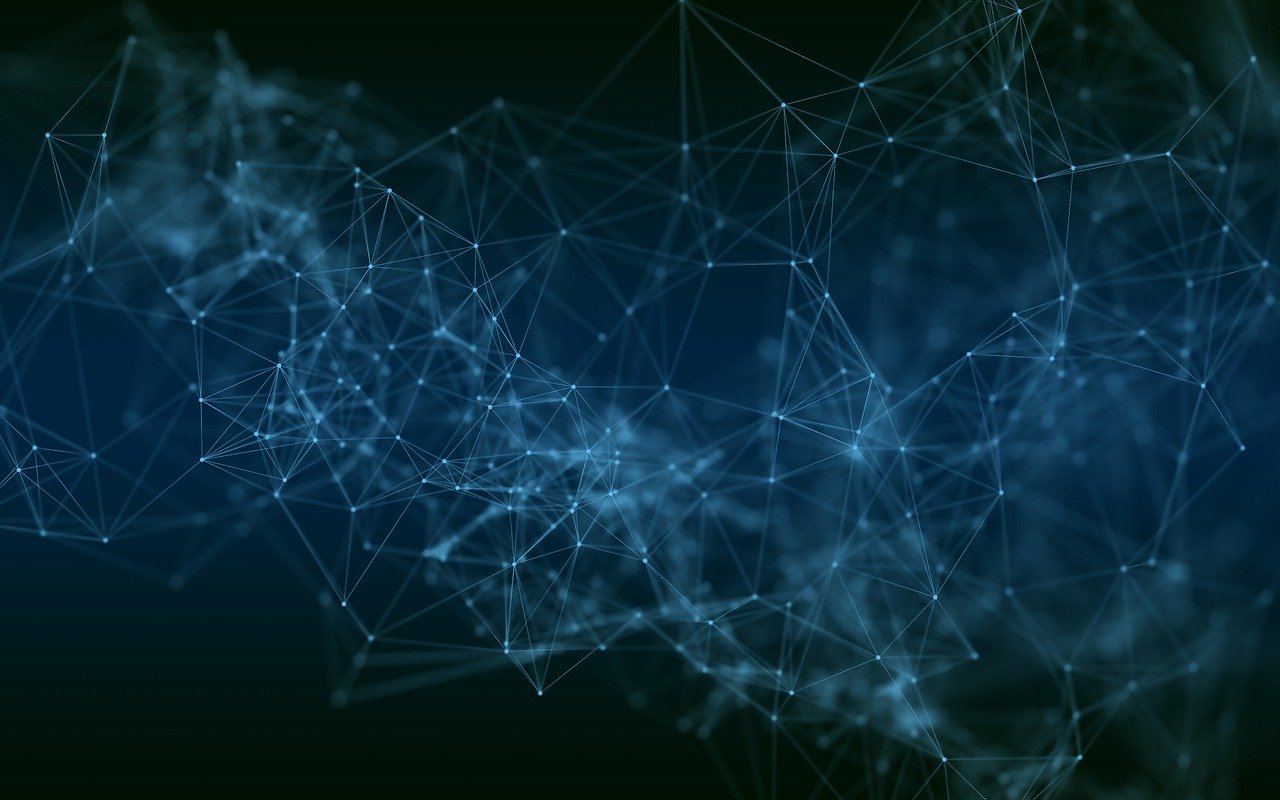 |
SOMACHINE 2 Machine Learning, Big Data, and Deep Learning in Astronomy Place: On line Summary: The second edition of the IAA-CSIC Severo Ochoa School on Machine Learning, Big Data, and Deep Learning in Astronomy (SOMACHINE 2020) will be held at the Instituto de Astrofísica de Andalucía (CSIC), Granada, from Monday 19th to Friday 23rd of April 2021. It is directed at researchers in astrophysics of all levels and aims at providing them with a thorough background in the advanced data processing techniques of Machine Learning, Big Data, and Deep Learning. Classes will be taught by experts from the Andalusian Institute of Data Science and Computational Intelligence (DaSCI) of the University of Granada (UGR), that belongs to the worldwide leading research institutes in its field. The theoretical lessons will be complemented by practical hands-on lessons and lectures on applications of Machine Learning, Big Data, and Deep Learning in astrophysical research. Date: 19th to 23rd of April 2021 URL: https://www.granadacongresos.com/somachine2021 |
|||
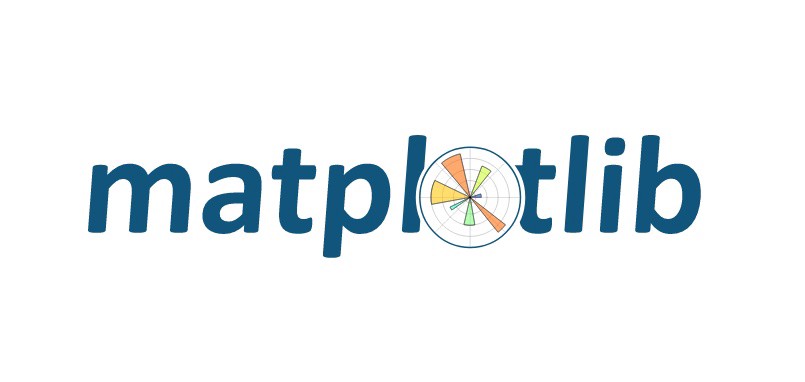 |
Matplotlib for Beginners - A Brief Severo Ochoa Workshop Place: On line Summary: In this course, I will introduce you to Matplotlib, a library for creating visualizations in Python. You will learn how to create, customize and save scientific plots. We will do several exercises to learn how to make Matplotlib fully meet our scientific needs, producing ready-to-be-published plots. We will connect via Zoom. During the first part of the course, we will do the exercises together following a Google Colaboratory notebook that will be shared in advance. During the second half, participants will work in small groups and will share their work with the whole audience. The workshop will be tutorized by Ana Karla Díaz Rodríguez (UK ALMA Regional Centre Node, Jodrell Bank Centre for Astrophysics, The University of Manchester). It will have a duration of three hours and will be limited to 25 participants. In order to follow the sessions it will be necessary to have a Google account (to be able to run* the Google Colaboratory notebook). Lectures will be scheduled at 10:00 - 10:45, 11:00 - 11:45, and 12:00 - 12:45 * Without a Google account, you will be able to see the notebook with the exercises but won't be able to execute the code on it or write your own code. Date: 7th April 2021 URL: https://forms.gle/sgURZsXr4cPeFbt19 |
|||
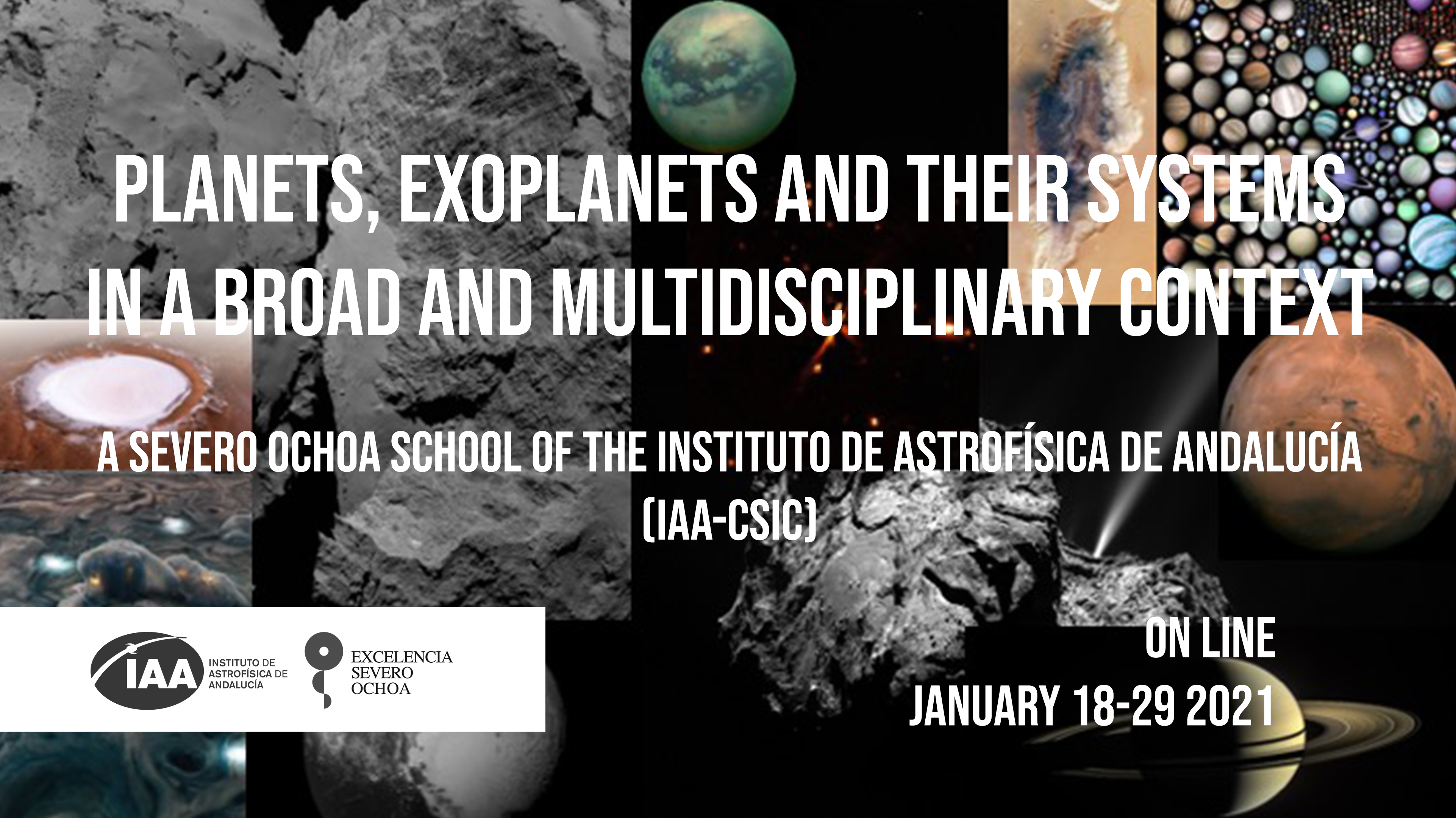 |
Planets, exoplanets and their systems in a broad and multidisciplinary context Place: On line Summary: The IAA-CSIC Severo Ochoa School on (exo)planetary systems will be held as an online event at the Aula Virtual of the CSIC organised by the Instituto de Astrofísica de Andalucía (CSIC), Granada, from the 18th to the 29th of January 2021. The school aims at providing a comprehensive understanding of the planetary systems in a broad context such that the current knowledge about exoplanetary systems and solar system can be viewed in a common frame. The lectures cover topics related to protoplanetary discs, the host star, rocky planets, habitability, fluid and icy giants, satellites, clouds and escape in the atmosphere, minor bodies and debris discs and are mainly addressed to Master and PhD students and young Post-Docs. Junior and senior researchers are invited to attend as well. Lectures will be given by international renowned scientists at the most prestigious research institutions from all over the world. The attendees will have the opportunity to interact with the lecturer for one hour (after having taken the lesson) according to a schedule that will be distributed in due time. Please, fill in the form (URL below) if you are interested in the mentioned school (i.e., pre-register). The deadline for pre-registration is December 18, 2020. No registration fee is required. Details for full registering and accessing the contents of the school will be provided only to pre-registered students. Date: 18th to 29th of January 2021 URL: https://docs.google.com/forms/d/e/1FAIpQLSe5c_V7n7FSnLXSl7nlKDl3oQNZ3x2nxvC8AiiHYbE10aB_IA/viewform |
|||
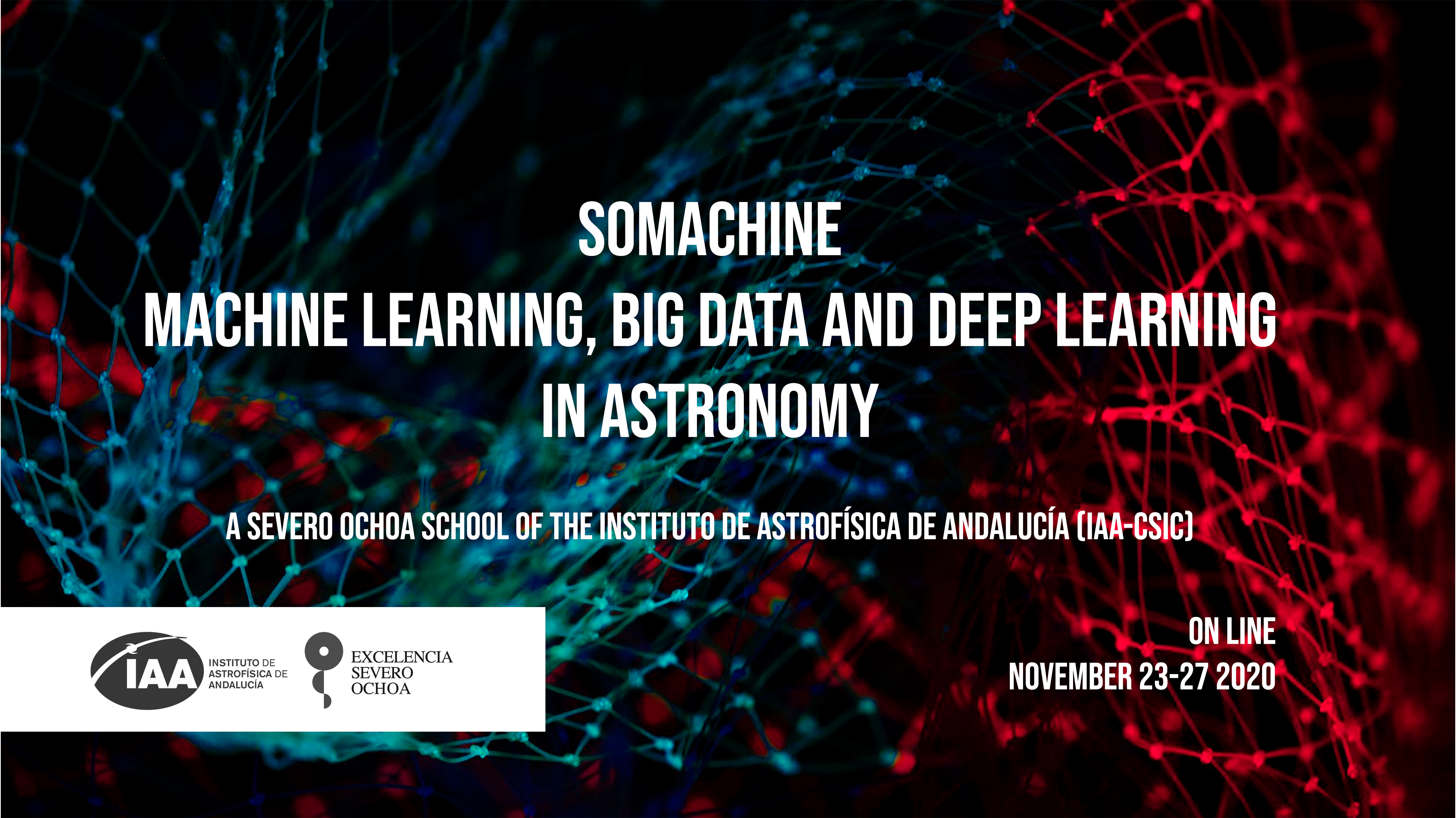 |
SOMACHINE Machine Learning, Big Data, and Deep Learning in Astronomy Place: Online Summary: The IAA-CSIC Severo Ochoa School on Machine Learning, Big Data, and Deep Learning in Astronomy (SOMACHINE 2020) will be held as an online event at the Instituto de Astrofísica de Andalucía (CSIC), Granada, from Monday 23rd to Friday 27th of November 2020. It is co-organised by the IAA-CSIC and the Andalusian Institute of Data Science and Computational Intelligence (DaSCI) of the University of Granada” and is directed at researchers in astrophysics of all levels and aims at providing them with a thorough background in the advanced data processing techniques of Machine Learning, Big Data, and Deep Learning. Classes will be taught by experts from the DaScI, one of the leading research institutes in its field. The theoretical lessons will be complemented by practical hands-on lessons and lectures on applications of Machine Learning, Big Data, and Deep Learning in astrophysical research. Date: 23rd to 27th of November 2020 URL: https://www.granadacongresos.com/somachine2020? |
|||
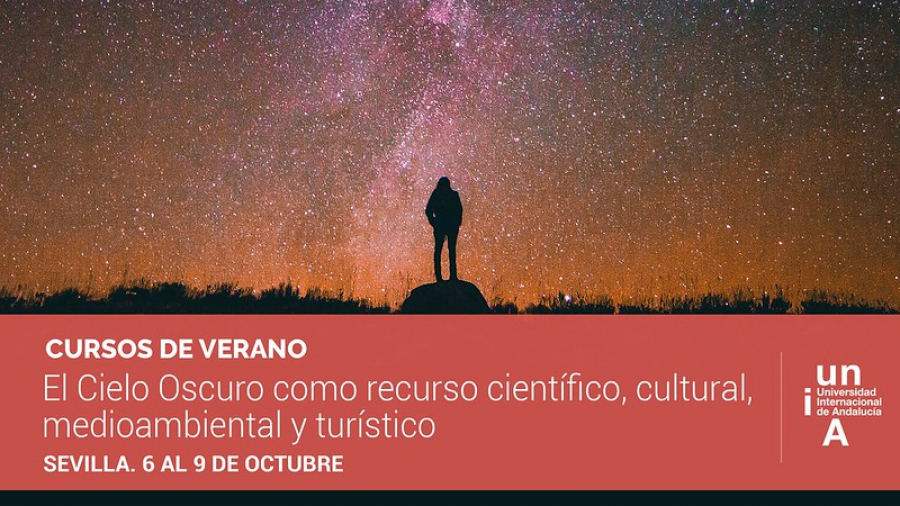 |
The dark sky as a scientific, cultural, environmental and tourist resource. Place: online Summary: The sky has gone hand in hand with the development of different civilizations. Before us is poses a major challenge, to join forces to ensure a sufficiently dark sky, for the enjoyment of future generations, and for the scientific development and knowledge, taking care especially the skies of the astronomical observatories, our windows to the universe. The main objective of the course is to update knowledge related to conservation and preservation of the dark sky and analyze this resource from various perspectives: research scientific, legislative bases, public administrations, management projects and initiatives and conservation of the dark sky; The analysis of the sky as an economic, tourist resource will be addressed, heritage and of course scientific. The training proposal goes beyond the mere transmission of knowledge, so the sessions will be interactive, including practical sessions, highlighting the "Guided Tour of the Night Sky", in which an astronomical observation guided by professionals will be made. The training action is aimed at students in the last years of their career, professionals (physicists, Date: 6th to 9th of October 2020 URL: https://www.unia.es/servicio-de-comunicacion-e-informacion/el-cielo-nocturno-como-recurso-economico-a-estudio-en-los-cursos-de-verano-de-la-unia |
|||
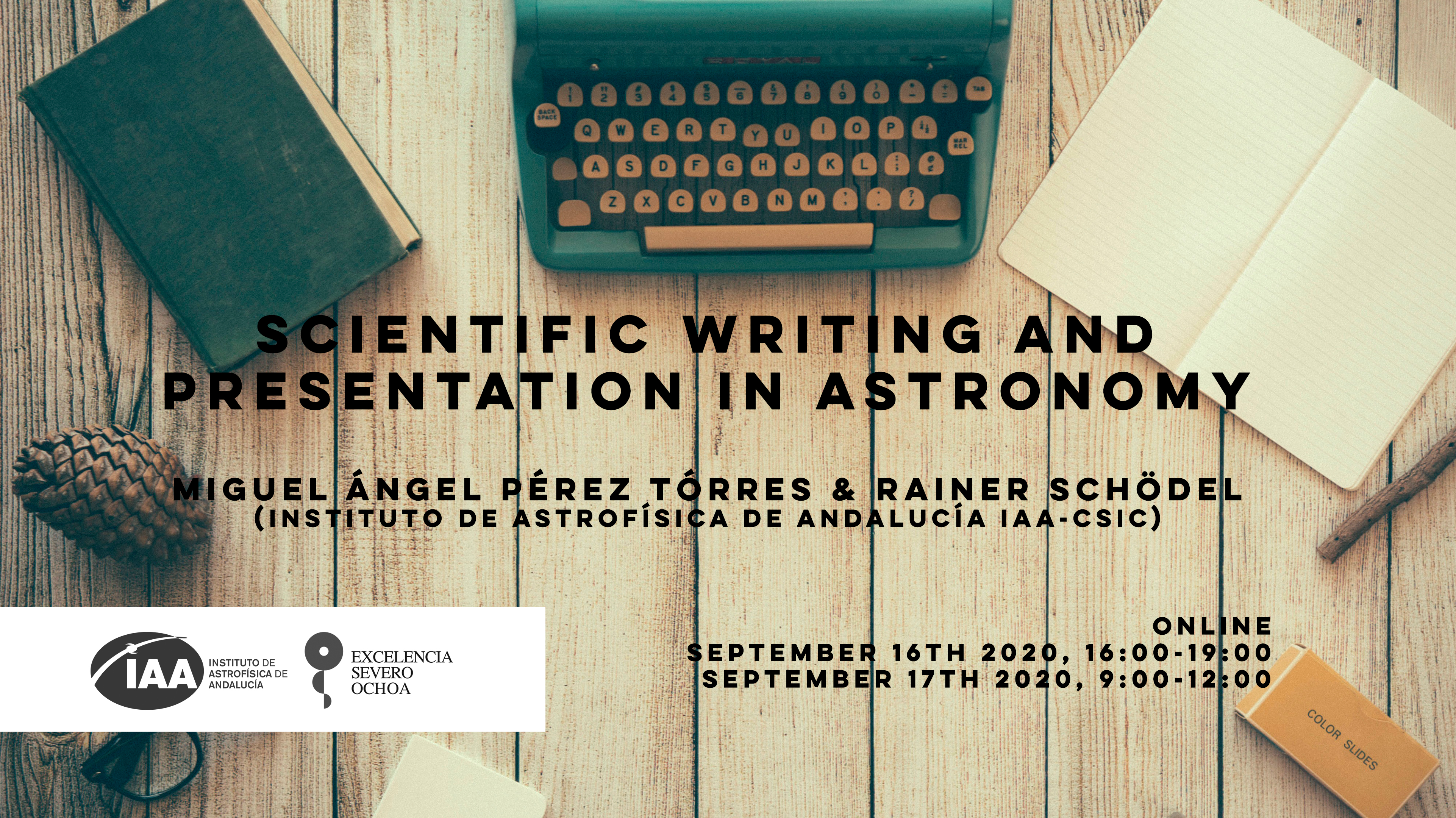 |
Scientific writing and presentation in Astronomy Place: On line Summary: The lecturers will impart lessons on clear, concise and effective scientific writing and presentation. There will be theoretical and practical sessions. The number of participants will in principle be limited to 15 in order to assure adequate interaction and individualised attention. Inscription will be handled on a first come, first serve basis. This school will be tutorized by Dr. Rainer Schödel and Dr. Miguel Ángel Pérez Torres. Date: 16th to 17th of September 2020 URL: https://forms.gle/EcLmmMHW93LiPMyN9 |
|||
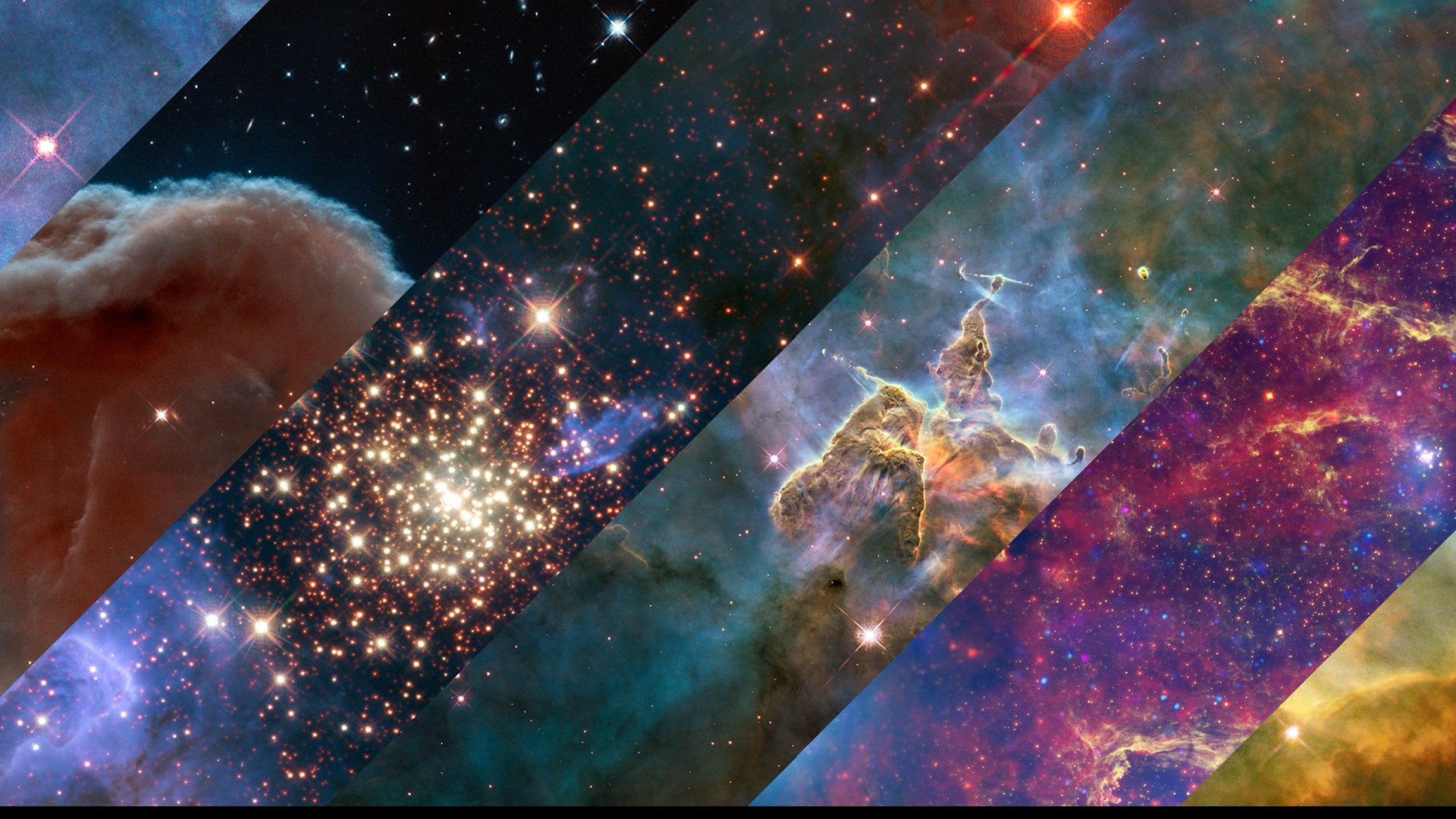 |
Introductory course to astronomy and astrophysics Place: IAA-CSIC Summary: This course has been specifically designed at the request of the Severo Ochoa IAA Scientific Committee. It is specially addressed to IAA staff with other non-specific training in astrophysics (electronic engineers, mechanics, computer scientists, etc.) . This course is intended to be a tool to facilitate the work of all personnel who do not have training in these subjects, but who are immersed in their day-to-day work in a multidisciplinary work environment. The content covers all the basic points of astronomy and astrophysics on which to build a subsequent more in-depth study of each subject. The school will be tutorized by Dr. Víctor Manuel Muñoz, Dr. Marcos Villaverde and Dr. Natalia Sol Molina Date: 1st to 17th of July 2020 URL: N/A |
|||
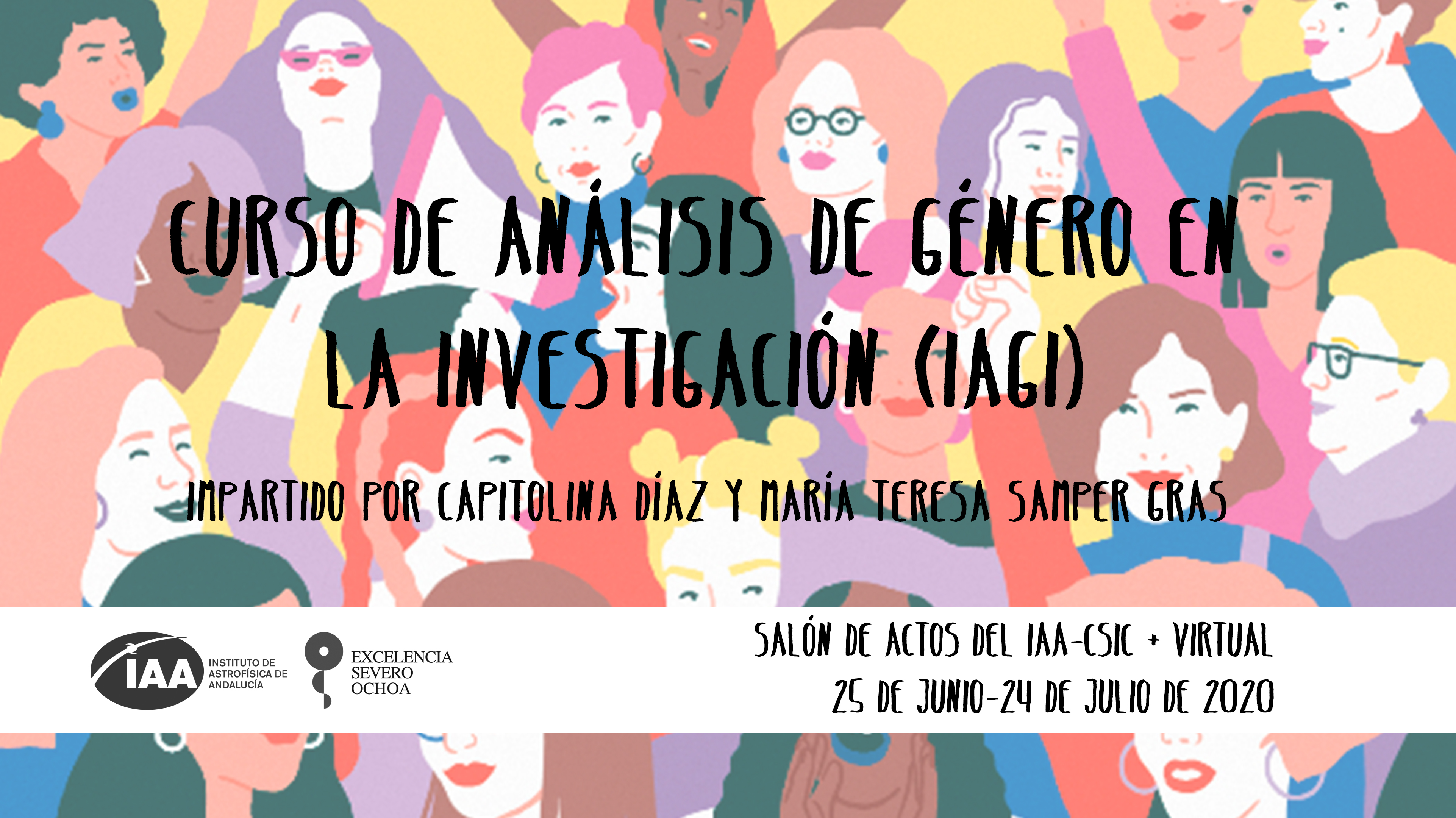 |
Course on gender analysis in research Place: On line Summary: The course on gender analysis in research is organized by the equality commission of the IAA-CSIC, and is set up with the aim of achieving three different objectives. Firstly, it aims to improve the quality of our research by discovering and including the gender/sex perspective. At the same time, it is proposed to avoid further reproduction of sexist biases and thus promote gender/sex equality in the field of science. Finally, it tries to increase the possibilities and quality of the publication of articles and books derived from our research. The course will open with a lecture by Dr. Capitolina Diaz (UV), and will be held online tutored by Dr. Teresa Samper (UV). Date: 25th of June to 24th of July 2020 URL: N/A |
|||
 |
Open Science Droplets Place: IAA-CSIC Summary: There are tools that researchers can use in their daily work to make their research more flexible, efficient, collaborative and open. We will organize demonstration sessions to showcase how these tools can be incorporated into astronomical research. In each session we will show a real-life example on how to use one tool, without entering in the technical details of how it works. We follow the principle of "show, don't tell" to present a tasting of tools that you may want to consider using. The sessions are complemented with the documentation we are building with details on how to install and use these tools (see link below). Regular meetings will happen every two Mondays at 10:30 am in the room adjacent to the kitchen. We will be happy to stay afterwards for extended discussions and networking. We will get the ball rolling with Jupyter notebooks and will continue with other tools like git, conda, containers, pipelines and Zenodo. However, everybody is welcome to suggest or present a tool that they consider interesting as well. There are no technical requirements for the sessions, you just will need your coffee, not your laptop. Date: 25th of February to 29th of June 2020 URL: https://droplets-spsrc.readthedocs.io |
|||
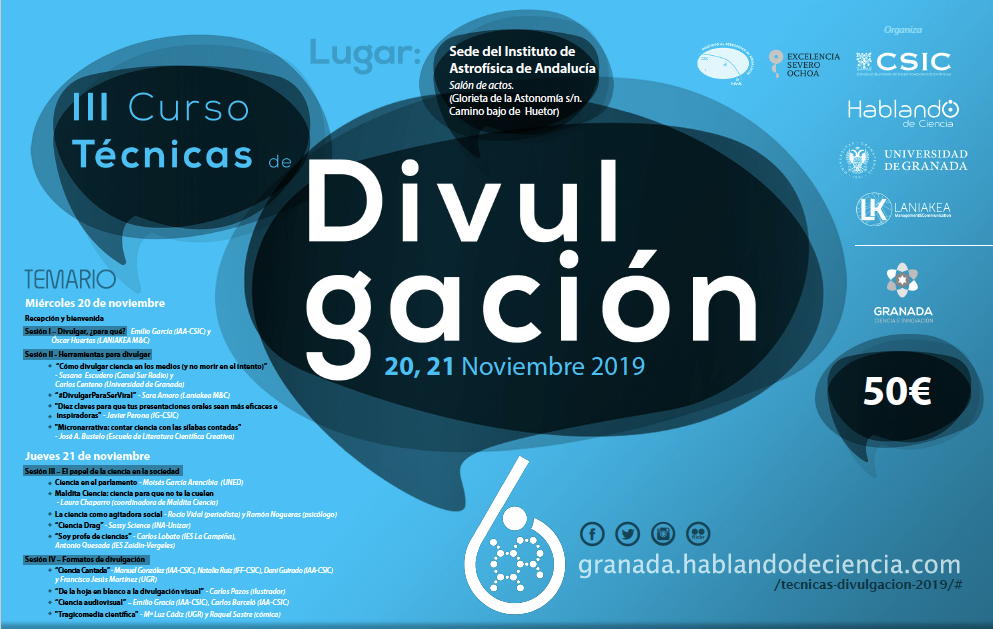 |
III Course on Scientific Dissemination Techniques Place: IAA-CSIC Summary: The third course on scientific dissemination techniques, organized by IAA-CSIC, aims to train science professionals to learn how to communicate their results to a general public. The course will focus on dissemination, communication and dissemination tools. Students will receive techniques to "face" the media, to manage social networks, or to concretize as much as possible an idea in a written text. It will take place at the IAA-CSIC on November 20th-21th. Date: 20th to 21st of November 2019 URL: https://www.hablandodeciencia.com/articulos/2019/10/17/iii-curso-de-tecnicas-de-divulgacion-en-dc6/ |
|||
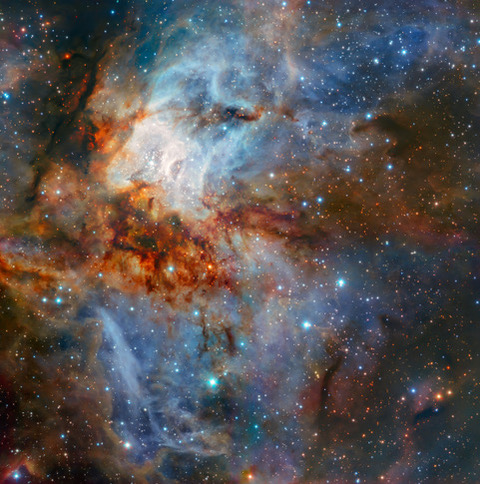 |
1st IAA-CSIC Severo Ochoa School on Statistics, Data Mining and Machine Learning Place: IAA Summary: The 1st IAA-CSIC Severo Ochoa School on Statistics, Data Mining and Machine Learning will be held at the Instituto de Astrofísica de Andalucía, Granada, from Monday 4th to Friday 8th of November. It is an introductory school oriented at students and researchers of all levels. It is the first of its kind and will be followed by a School on Advanced Data Mining, Machine Learning and Artificial Intelligence in Fall 2020. The cycle of introductory and advanced school will repeat in 2021 and 2022. Date: 4th to 8th of November 2019 URL: https://www.granadacongresos.com/sostat |
|||